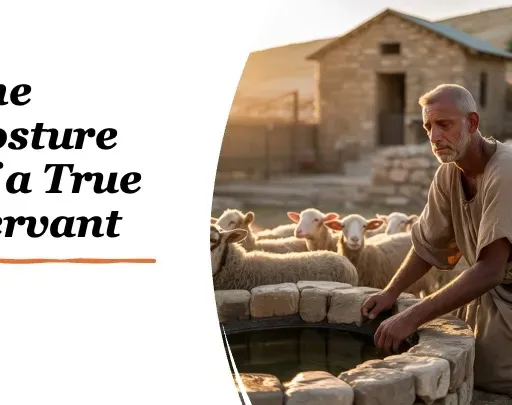
The Parable of the Master and the Servant (Luke 17:7-10) is a radical reorientation of discipleship, delivered by Jesus after His followers expressed anxiety over the weighty demands of faith and forgiveness. Jesus uses a familiar cultural example—a servant returning from exhausting manual labor only to be immediately told to prepare and serve the master's meal before eating his own—to challenge the human expectation of reward and applause. The core message hinges on the master’s implied question: will he thank the servant for doing what was commanded? The answer is no, because in that cultural context, the servant was simply fulfilling his duty. Jesus concludes with the startling instruction that when His followers have done everything commanded, they should humbly declare, "We are unworthy servants; we have only done our duty."
This seemingly counterintuitive teaching is not a condemnation but a correction, revealing Jesus as the true Servant-King who seeks to fundamentally reshape the believer's identity. Jesus embodies the very humility He commands, having come "not to be served, but to serve, and to give His life as a ransom for many." The parable reframes discipleship by stating that the Christian life is not a meritocracy where followers earn validation or negotiate contracts; rather, it is a life of faithful service flowing from devotion. By calling us "unworthy servants," Jesus does not devalue our worth; instead, He liberates us from the poison of entitlement, teaching us that the deepest honor is not being applauded by man, but simply having the privilege of belonging to and serving the Most High God.
Ultimately, the parable provides essential training in Kingdom humility and perseverance. Jesus knows that ministry often feels thankless and can be hindered by the temptation to measure success by earthly recognition and fanfare. He is preparing His disciples for a life of costly obedience that requires "grit and grace" when serving is unnoticed. The lesson is that faithfulness is the goal, not fame, and that the reward is not an earthly trophy but the profound spiritual satisfaction of knowing one has been faithful to the One who called. The greatest motivation for service shifts entirely from seeking outward validation to resting in inward devotion, fueled by the transformative love of Christ.